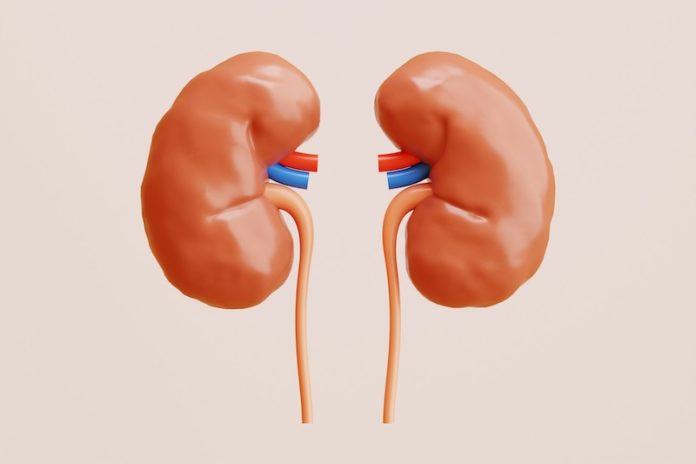
Diabetes doesn’t just impact blood sugar; it often leads to serious kidney issues, too. In fact, about 40% of people with diabetes develop a condition known as diabetic kidney disease.
In the UK, nearly 5 million people have diabetes, putting many at a much higher risk of kidney failure, and some may even need dialysis or a kidney transplant.
Current Treatments for Diabetic Kidney Disease
To manage diabetic kidney disease, doctors sometimes use a medication called spironolactone, originally intended for high blood pressure. Spironolactone can help by reducing the leakage of proteins into the urine, a common issue for people with diabetic kidney disease.
But there’s a drawback: spironolactone can raise potassium levels in the blood, which could lead to other health complications. Because of these potential side effects, doctors are cautious about prescribing it widely.
A New Study Offers Hope
Researchers at the University of Bristol recently explored exactly how spironolactone protects the kidneys, focusing on a unique part of the kidney’s blood vessels called the glycocalyx. This layer, which acts like a protective gel on blood vessel surfaces, is essential for kidney health.
When diabetes damages this layer, it can set off a chain reaction, harming the kidney’s ability to function properly. Spironolactone seems to play a key role in preserving the glycocalyx, helping to protect the kidneys from further damage.
To better understand this, researchers developed a new method to measure changes in the thickness of the glycocalyx. Their findings confirmed two important things: diabetes does damage this protective layer, and spironolactone can help prevent that damage.
An Unexpected Discovery
In addition to its direct effects on the glycocalyx, spironolactone seems to slow down a group of enzymes called matrix metalloproteases.
These enzymes can harm the glycocalyx, so by inhibiting them, spironolactone indirectly supports kidney health. This unexpected discovery gives researchers new ideas on how to approach kidney disease treatment.
Future Directions
While spironolactone has benefits, its side effects mean it isn’t ideal for everyone. Now, the research team is looking at other medications that could slow down matrix metalloproteases without causing high potassium levels.
If successful, this could lead to safer, more effective treatments for people with diabetic kidney disease.
Steps to Keep Your Kidneys Healthy
For those living with diabetes, taking steps to protect kidney health is crucial. Here are some ways to help maintain kidney function:
- Control blood sugar levels: High blood sugar can damage the kidneys over time, so keeping it within a healthy range is essential.
- Manage blood pressure: Aim to keep your blood pressure at or below 130/80 mm Hg.
- Follow a kidney-friendly diet: Choose plenty of fruits, vegetables, whole grains, and lean proteins. Try to limit salt and saturated fats, as they can contribute to kidney strain.
- Exercise regularly: Try to get at least 30 minutes of physical activity on most days.
- Avoid smoking: Smoking damages blood vessels, increasing the risk of kidney disease.
- Take medications as prescribed: Following your doctor’s advice on medication can help manage diabetes and protect kidney function.
- Get regular kidney check-ups: Routine tests can catch problems early before they become serious.
This research, led by Dr. Matthew Butler, provides new insights that could help create better treatment options for diabetic kidney disease.
It highlights the importance of the glycocalyx in kidney health and opens the door to developing medications that target this protective layer without unwanted side effects.
The study was published in JCI Insight, marking a promising step forward in managing diabetic kidney disease and helping millions maintain their kidney health.
If you care about kidney health, please read studies about drug that prevents kidney failure in diabetes, and drinking coffee could help reduce risk of kidney injury.
For more information about kidney health, please see recent studies about foods that may prevent recurrence of kidney stones, and common painkillers may harm heart, kidneys and more.
Copyright © 2024 Knowridge Science Report. All rights reserved.



